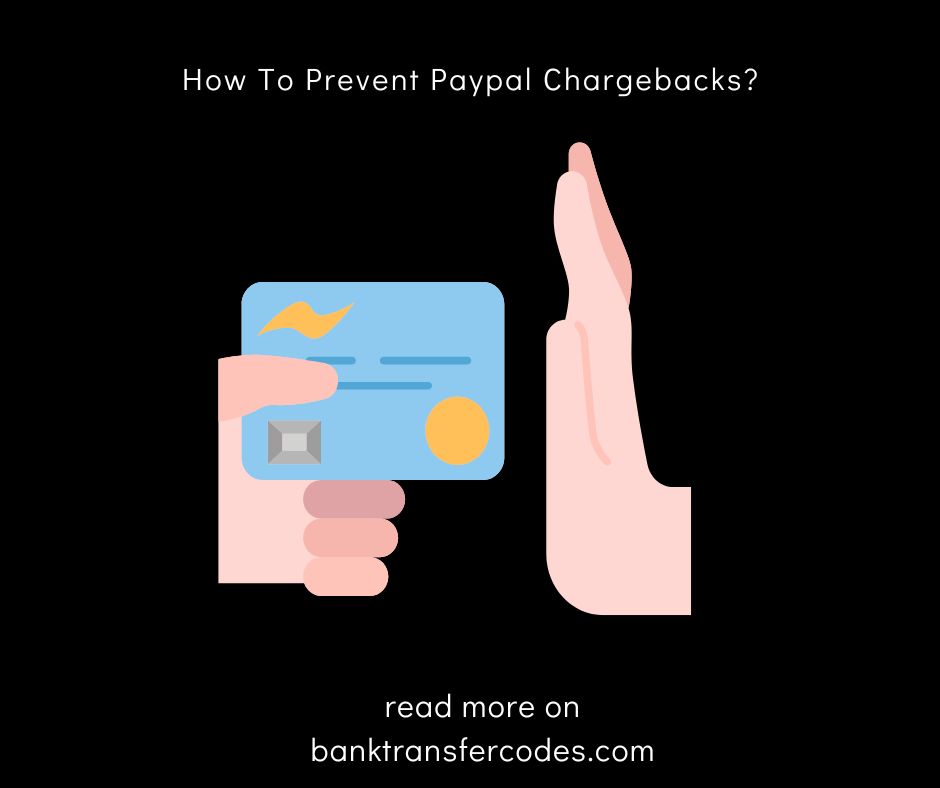It is the duty of every merchant to prevent PayPal chargebacks, from their buyers, this is because chargebacks could be unfavourable at times.
Chargeback is the process whereby a customer disputes a particular transaction, directly from the card issuer, with the sole aim of getting a refund of money.
Therefore, in this article, I will be showing you how to prevent PayPal Chargebacks.
PAGE CONTENT
What is a PayPal Chargeback?
In the business world, whenever there is an issue in a particular transaction, the customer will have to dispute the transaction directly from the card issuer or the bank itself.
The bank will be responsible for initiating a chargeback for the customer, this is in the form of refunding the money back to the customer’s account.
PayPal chargeback is simply a process where a user disputes a charge that has been authenticated via PayPal.
Initiating a chargeback on PayPal can be done through contacting PayPal, which would then contact the merchant in person, in a request for some evidentiary documents; these documents are what will be used throughout the investigation.
How to Prevent Paypal Chargeback
Since PayPal serves as a middle man between the cardholder and the card issuer, if you are to prevent PayPal chargebacks, then you need to provide the right information to PayPal.
The following are ways, in which PayPal chargebacks can be stopped:
- Providing an accurate description of the item you intend to sell, can be done by stating every feature associated with the product you are selling, adding photos, and short videos will portray a good view by the buyer in knowing what he or she is buying.
- Make a defined and clear terminology on refund policy on your website or business platform, and let it be in a place where it will be easily seen and understood by your buyers.
Ensure to authenticate the refund if necessary, you can make use of the refund feature in the payment resolution centre.
- Meet the seller’s protection requirements, if you are a merchant, then you need to consider meeting the seller’s protection requirements.
The seller protection program helps to provide confidence in the merchant, by ensuring the security of online sales, helps to prevent Fraud related trials, and also it helps to reduce chargeback disputes among buyers.
- Provide accurate contact information, this is because, if your buyers can get your contact information, they will be able to contact you regarding an issue, instead of filing a dispute with the financial institution.
The PayPal’s Chargeback Process
Once a user files a dispute on a particular transaction, the process of requesting a chargeback will be initiated, through an investigation that will be carried out on the transaction dispute.
The investigation time frame varies, based on the magnitude of the dispute.
Therefore, whenever you file a dispute on PayPal, the following will take place.
- PayPal notifies the merchant or seller, the person offering the service or selling a product, that a customer has requested a chargeback.
- The merchant, therefore, will provide evidential information, regarding the communication that happened between the merchant and the customer. The documents that will be provided by the merchant must be accurate information, the documents vary, based on the kind of business transaction that happened between the merchant and the customer.
- The document(s) are sent to the card issuer, for further review and processes, decisions will be taken by the cardholder.
Pay Pal Chargeback Time Limit
If you have recently received notification from PayPal about a chargeback, you will be given a maximum of 10 days to make a response, with the necessary documents as evidence.
A buyer can request chargebacks, for about 180 days or more, after an order has been placed by the buyer. While it normally takes up to 75 days to review a customer dispute in reverse the amount.
RELATED:
Does Paypal Refund Money If Scammed?
Can Paypal Payments Be Reversed?
How to Get Free 5 Dollars on Paypal?
Video Section
Conclusion
In this article, I have shown you how you can easily prevent a chargeback on PayPal as a merchant. Chargebacks are something merchants should always desist from because it is more likely to lead to loss.
Whenever a customer initiates a chargeback, the merchant will be responsible for paying the extra charge applied.
